Africa Centre of Excellence in Coastal Resilience |  University of Cape Coast
University of Cape Coast
Image
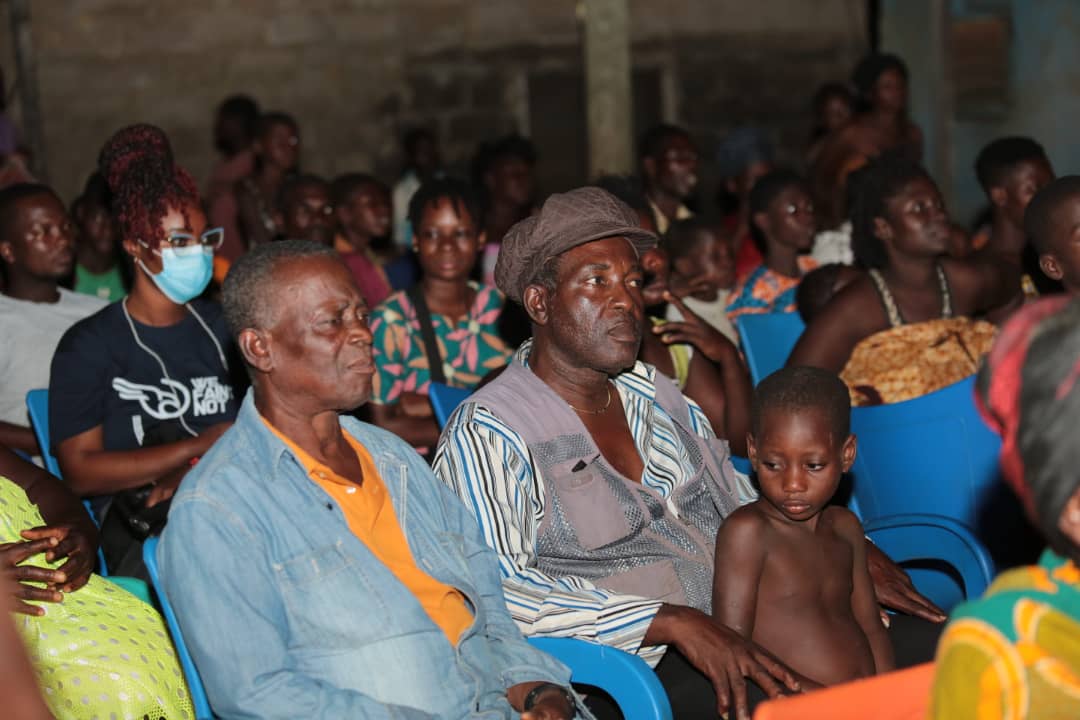
Posted On
Friday, August 5, 2022 - 15:37
Body
Coastal and Marine Drive Conservation Project (COMADRIP) is a coastal and marine conservation-centered project implemented by the Centre for Coastal Management - Africa Centre of Excellence in Coastal Resilience (CCM-ACECoR), in partnership with the Wildlife Division of the Forestry Commission of Ghana and Hen Mpoano, with funding from the Lighthouse Foundation.
Following a series of project activities implemented since June 2021 – field surveys, participatory ecosystem services mapping, stakeholder engagement and validation workshop – to support the establishment of marine protected areas (MPAs) in the Western region that can feed into national processes for coastal and marine ecosystem conservation, the COMADRIP team organized two durbars in the Princess Town and Cape Three Points communities to sensitize them on the major findings of the project via film show.
The durbars took place on the nights of the 5th and 6th of July.2022 at Princess Town and Cape Three Points respectively. At the durbars, Dr. Alberta Sagoe, the project lead, coordinated the presentation of the videos which showcased findings made by the project in the community as well as successful MPAs in other countries. Members of the community were invited to ask questions or make contributions regarding the presentations made by the COMADRIP team.
In Princess town, discussions proceeding the film show centered around the various natural assets of the community which supports the livelihoods of the people, the threats facing these assets, and the actions to be taken to safeguard them. In the course of the discussion, Mr. Patrick Ocloo, the district coordinator for private sector network, highlighted the need for the community to put measures in place to protect the environment, emphasizing a participatory approach that is not left to the government alone but regarded as a collective responsibility, regardless of association as a state or non-state actor.
In Cape Three Points, comments after the film shows were generally based on how community support for conserving coastal biodiversity and ecosystems can be enhanced. Mr. Mensah, a project partner from Hen Mpoano, emphasized the need for the community to appreciate and value the coastal and marine assets they have and contribute to their protection. He also spoke extensively on how some animals are going extinct because the indigenes resorted to eating them, instead of preserving them.
The durbar at both towns ended successfully with recommendations by Professor Denis Aheto, director of Centre for Coastal Management on the importance of Marine Protected Areas to their communities and highlighted that this will go a long way to preserve the ecosystem for future generations to see.
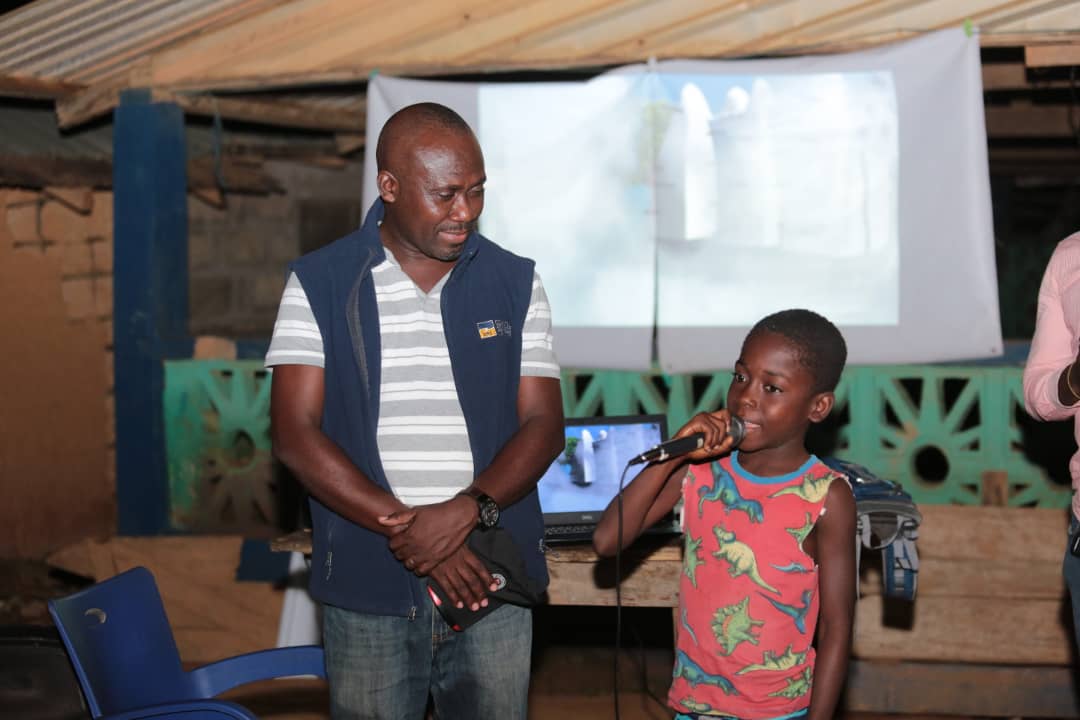
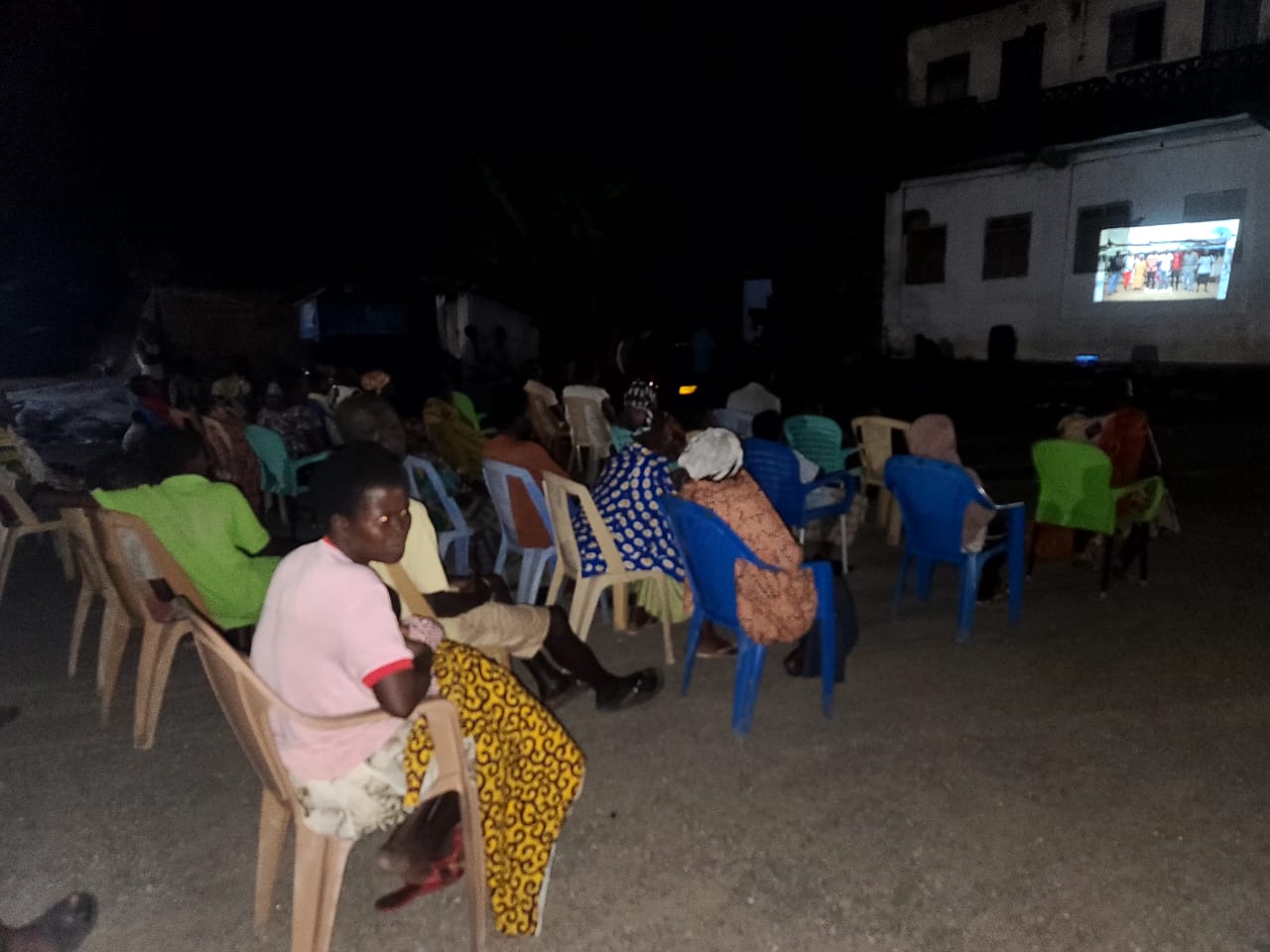
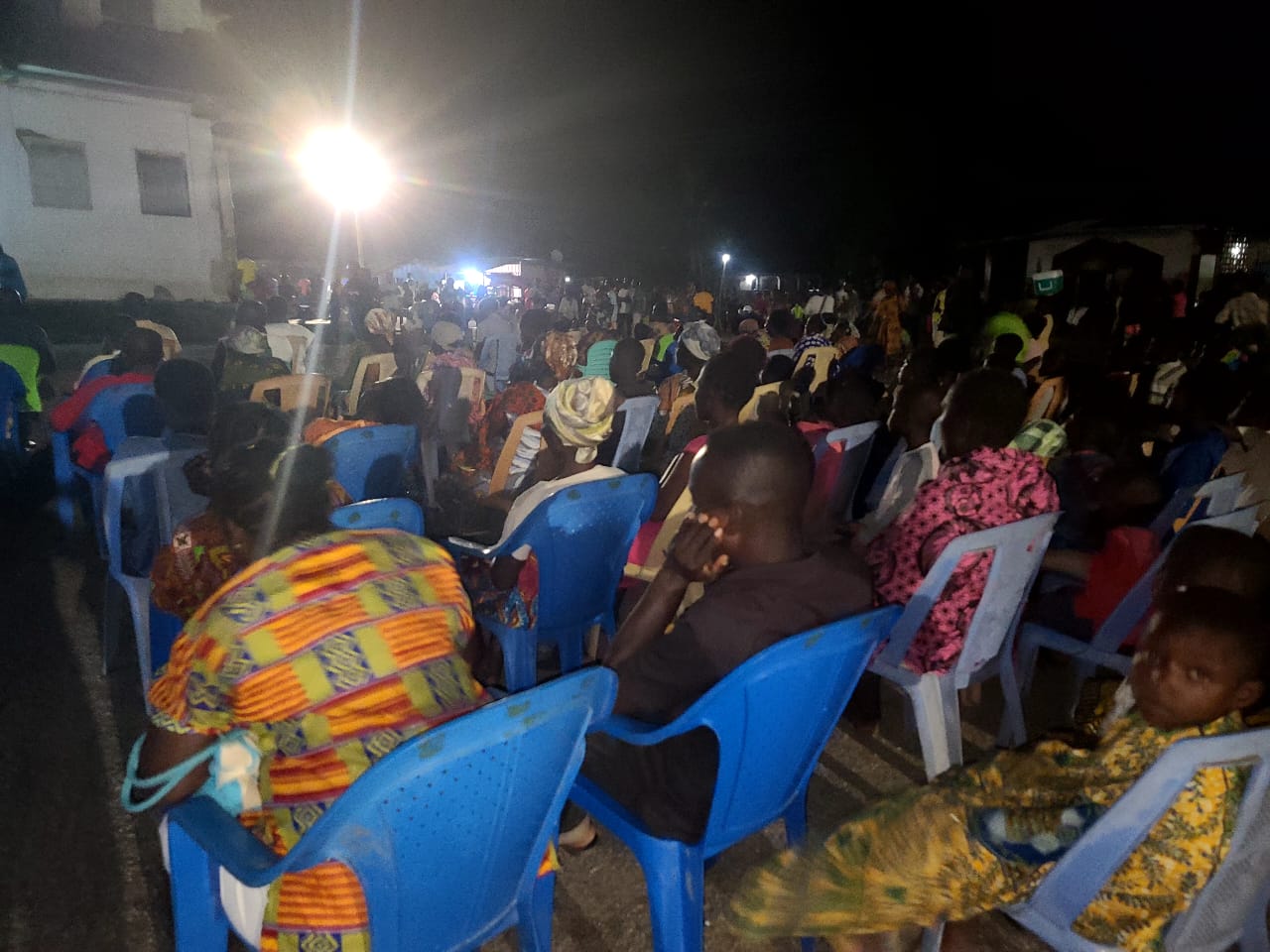
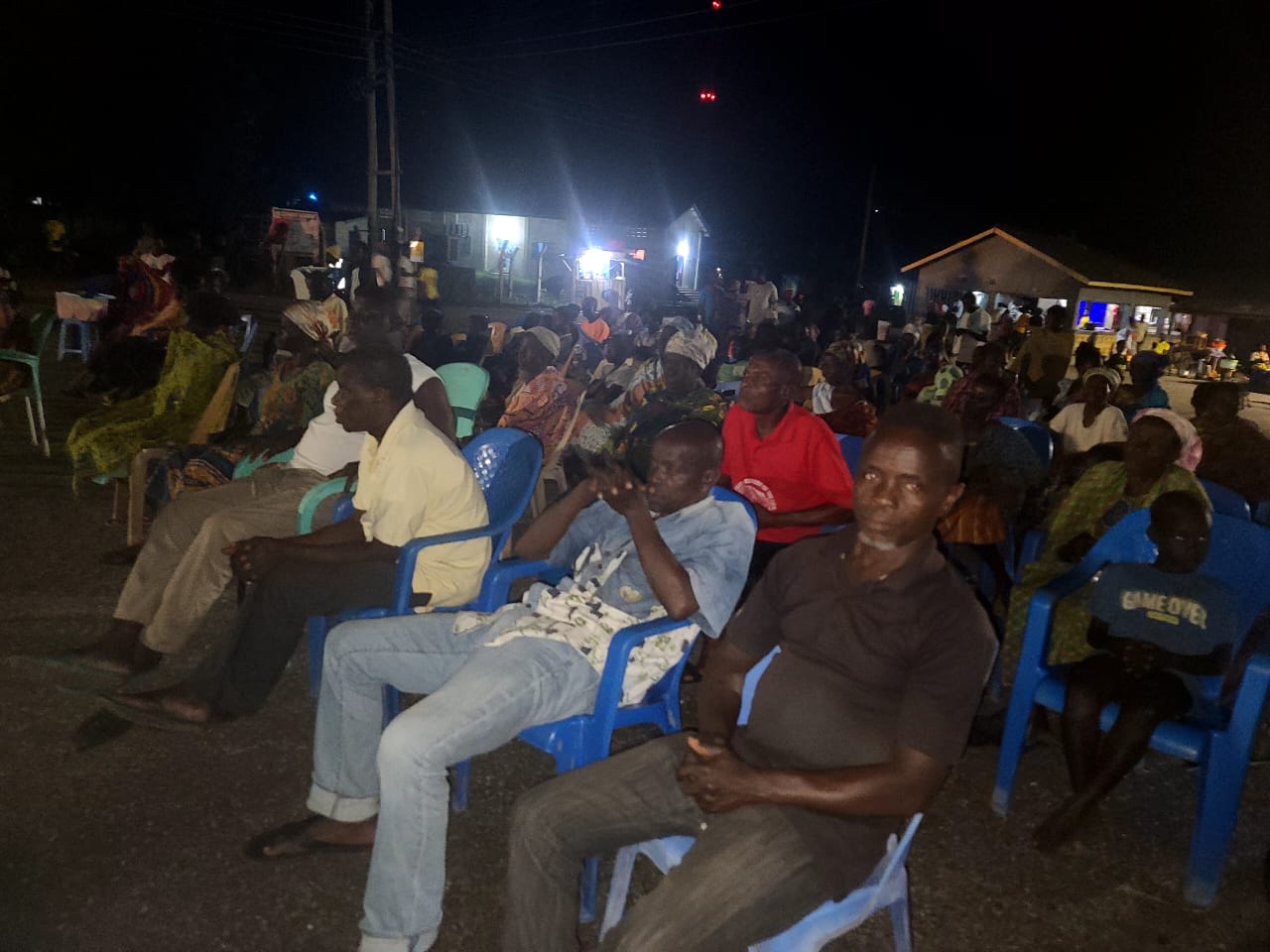
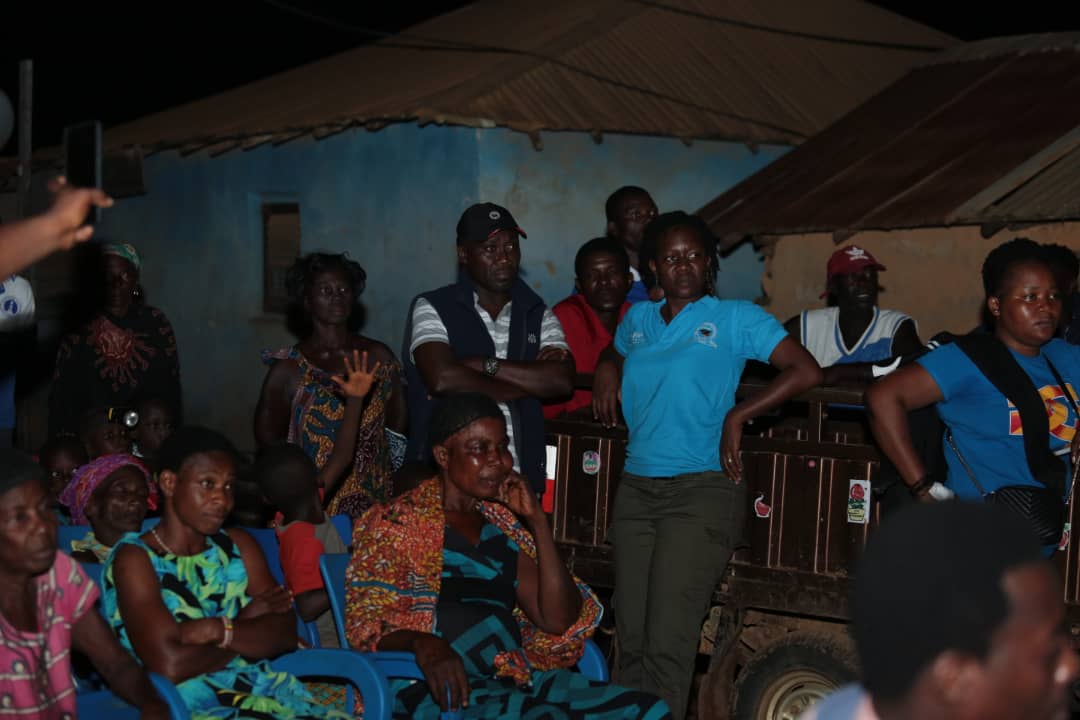

Last modified
